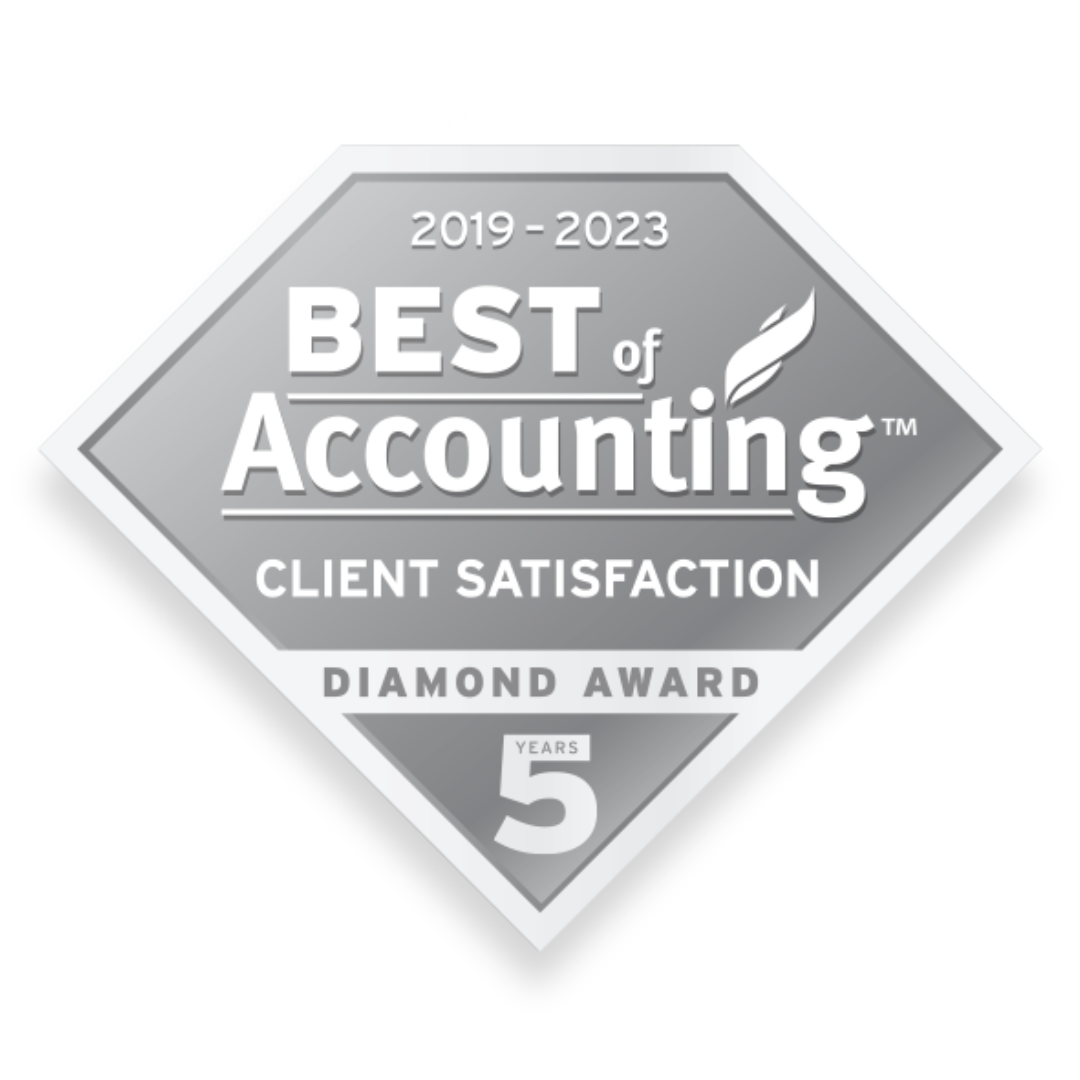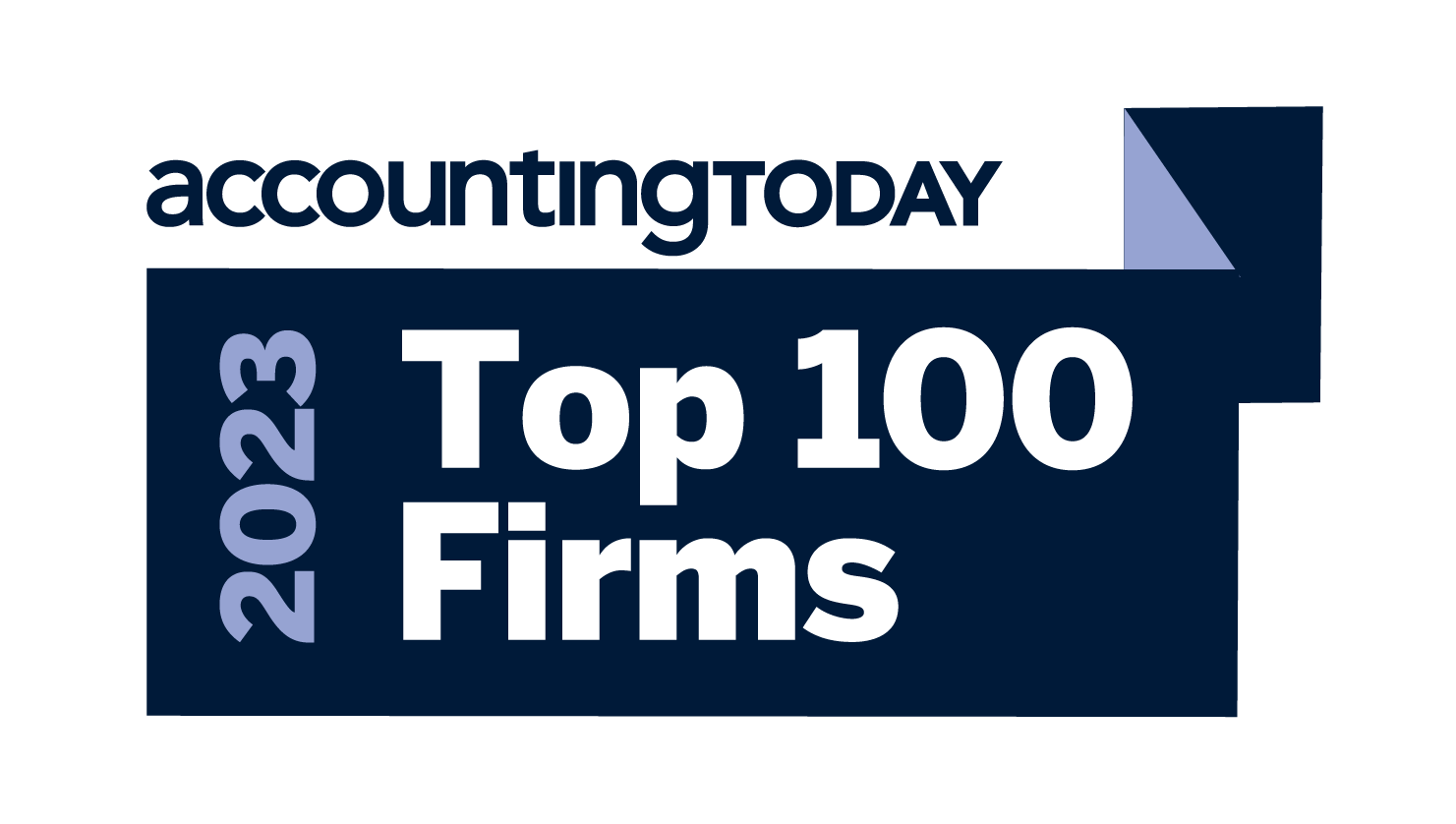 How to Claim R&D Tax Credit and Lower Business Tax Liability
How to Claim R&D Tax Credit and Lower Business Tax Liability
Generally speaking, the R&D tax credit is industry agnostic.
Listed below are industries in which SD specializes that often have R&D activities and expenses:
✔ Construction, including architecture, engineering, and electrical, mechanical, and plumbing contractors;
✔ Emerging Technology, including software and technology, robotics, and biotechnology;
✔ Energy and Resources, including mining and extraction, wind, solar, and energy plants;
✔ Manufacturing, including advanced manufacturing, biotechnology, medical devices, pharmaceuticals, original equipment manufacturers, and food and beverage;
✔ Real Estate, including architecture, engineering, site development, and software and technology; and
✔ Transportation and Logistics, including software and technology.
Unsure whether your research expenses qualify for R&D Tax Credit? Ask a Tax Expert today.
Additionally, with software and technology being an underlying component for virtually every industry, companies who have custom-developed back-office systems, customizations to ERP systems, app development, e-commerce, and other innovative software solutions are also great candidates for an R&D tax credit.
Businesses in any industry that are conducting qualified research and development activities can claim the credit on Form 6765 and reduce tax liability as a general business credit. Additionally, start-up companies may be able to reduce their payroll taxes.
With new guidance it’s even more important to claim the R&D credit on an original return to avoid additional documentation requirements. However, the R&D credit can be claimed for any open tax years.
"Thank you to you and the team for all of the hard work regarding this. Great result on the credit."
-Mechanical Contractor
"It was a pleasure working with you and the rest of the team on analysis."
- Manufacturing and Engineering Company
Leaving money on the table?
Go beyond basic calculations with expert guidance.
| Contact a Schneider Downs R&D Tax Credit Expert today. |




© 2024 Schneider Downs & Co., Inc.
Maryland license number 35239
Privacy Policy

